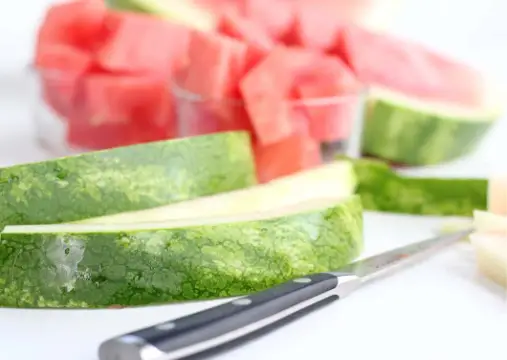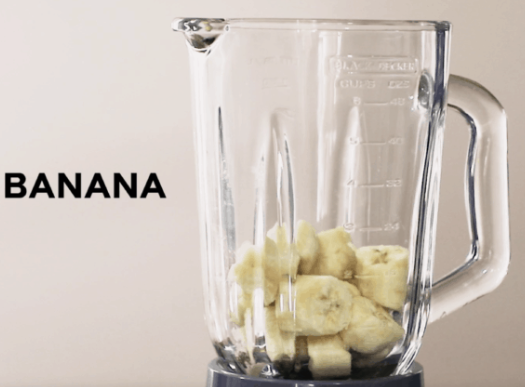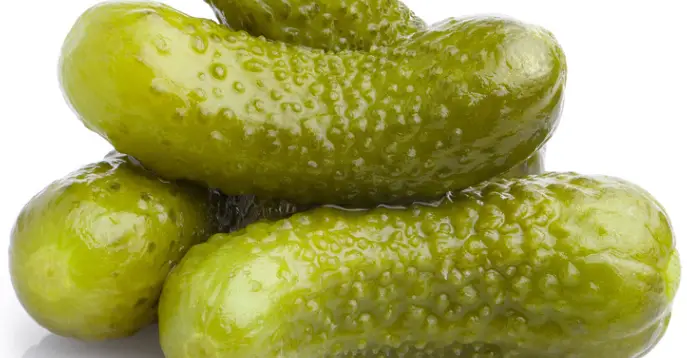Many people love grapes because they’re tasty and good for you. But if you have acid reflux, you might wonder if grapes are okay to eat. Acid reflux happens when stomach acid goes back up into your food pipe, which can cause a burning feeling and discomfort.
In this detailed article, we’ll talk about grapes and their effects on acid reflux, look at the good things they might do for your health, and give you ideas on how to add them to your meals even if you have this problem.
If you enjoy grapes but worry about acid reflux, read on for everything you need to understand.
Acid reflux, which some people call gastroesophageal reflux disease (GERD), is when your stomach acid comes up into your food pipe. This can happen if the lower esophageal sphincter (LES), a muscle that shuts your stomach from the food pipe, doesn’t work right.
This problem can make your food pipe sore and cause symptoms like a burning chest, trouble swallowing, and a yucky taste in your mouth.
Being overweight, pregnant, having a hiatal hernia, smoking, or using certain medicines like aspirin can also lead to acid reflux. Some foods and drinks, like spicy stuff, citrus, tomatoes, chocolate, coffee, and alcohol, might make acid reflux worse for some people.
Table of Contents
Are Grapes a Problem for Acid Reflux?
Actually, grapes aren’t necessarily bad for acid reflux. They can even be good for those dealing with it.
Grapes are a nice choice because they’re not very acidic compared to fruits like oranges or tomatoes. They have fiber, vitamins, and minerals that can help your stomach work better and calm inflammation, which is good for acid reflux.
Still, everyone is different. Some people might find that grapes make their acid reflux worse, while others can eat them without problems. If you’ve had acid reflux, it’s smart to watch how your body reacts to grapes or any food, so you don’t end up feeling worse.
What Good Things Can Grapes Do for Acid Reflux?
Grapes can offer a few good things to people with acid reflux, such as:
- Neutralizing stomach acid: Grapes can help even out the too-much acid in your stomach, which might make your symptoms better.
- Lowering inflammation: They have something called resveratrol that can lessen swelling in your food pipe and make you feel better.
- Promoting a healthy stomach: Grapes have a lot of fiber to help you stay regular and stop constipation, which can cause acid reflux.
- Improving gut health: They have substances called polyphenols that help good bacteria in your belly, possibly reducing acid reflux.
- Fighting damage from toxins: Grapes are full of stuff that protects against harm in your body and might stop symptoms from getting worse.
While experts are still learning about all the ways grapes might help with acid reflux, it’s important to pay attention to how they make you feel when you eat them.
How to Add Grapes to Your Acid Reflux-Friendly Diet
Grapes can be a healthy and delicious part of your food plan, even if you have acid reflux. Here are some tips for eating grapes:
- Picking the right grapes: Some grapes are more acidic than others. You might have better luck with red or seedless grapes if the others bother you.
- Eating just a few: Eating too many grapes or any fruit can up your chances of having acid reflux.
- Enjoying grapes as snacks: Eating grapes between meals instead of during meals can help you avoid eating too much and getting acid reflux.
- Mixing with other foods: Eating grapes with low-acid foods like veggies or lean meats can help control the acid in your stomach and ease symptoms.
- Trying new recipes: You can put grapes in salads, blend them into smoothies, or add them to oatmeal for a yummy snack that’s easy on your stomach.
- Not eating before bedtime: Eating grapes or anything else before you go to sleep can cause acid reflux symptoms. It’s best to stop eating a couple of hours before bedtime.
In Conclusion
Grapes aren’t bad for people with acid reflux and may even be helpful. They’re low in acid and filled with healthy stuff that can aid digestion and lessen swelling in your body.
Still, how grapes affect you can be different from someone else. If you want to eat grapes and you have acid reflux, try to have them in small amounts, together with foods that keep stomach acid low, and don’t eat them too close to when you go to sleep.









